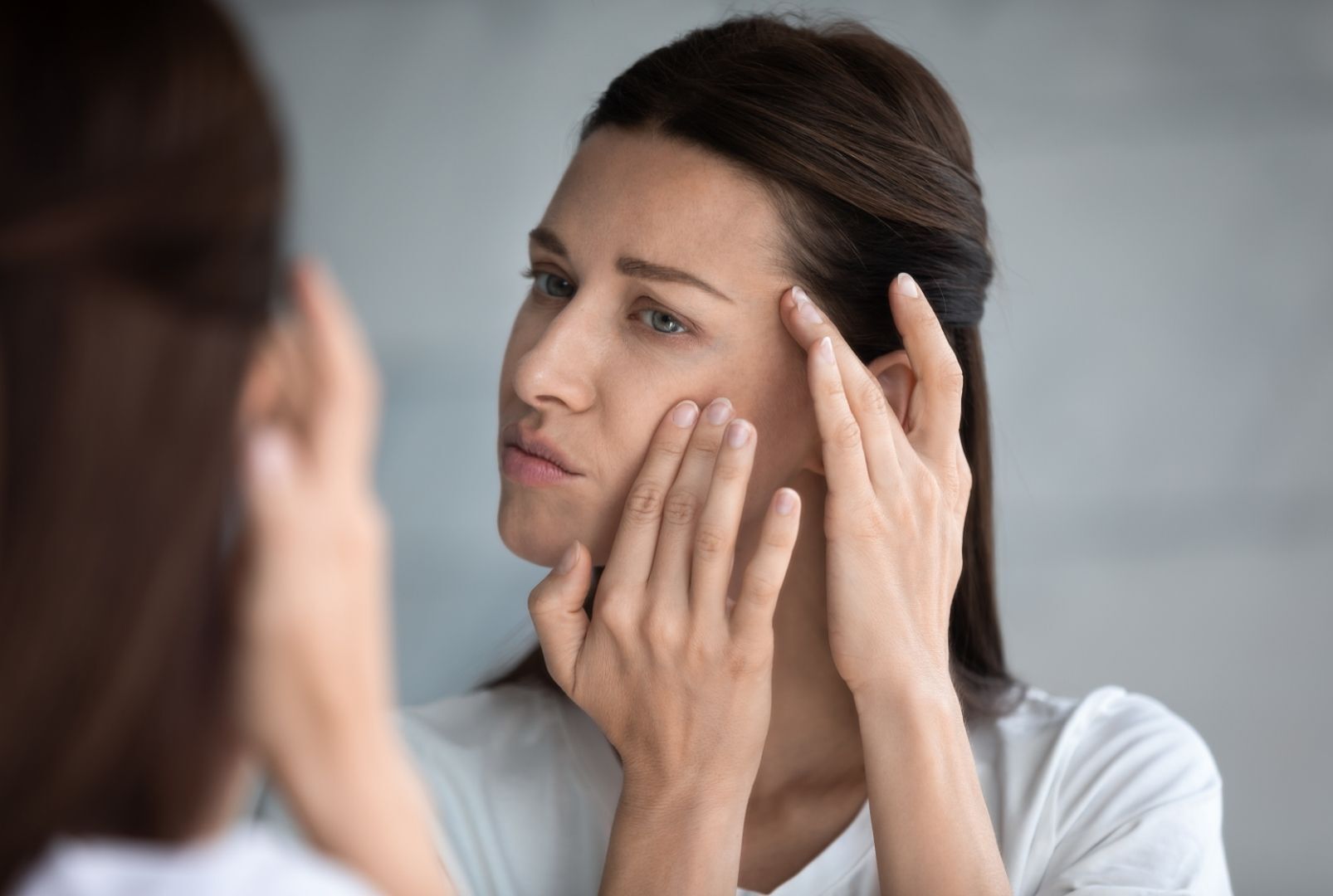

Rosacea may not be a life-threatening condition or something that gravely affects your health, but the effect that it has on you mentally and emotionally is overpowering. Having a flushed, bumpy complexion takes a toll on you, similar to the way acne can make you feel like a recluse who'd rather hide their skin than be in public.
While there is no cure for the condition, there are certain steps you can take to make redness less noticeable and flare-ups far fewer, like your diet, reducing alcohol intake, and being conscious of the products that you use, the latter of which is the focus of our discussion today.
One of the hallmarks of rosacea is that the skin’s barrier protection is somewhat weak, therefore many ingredients that are fine for use on normal skin will be very irritating to rosacea-prone skin. So even if something looks completely harmless in the bottle, it could be making your condition worse.
Below, you'll find the ingredients you should steer clear of if you have rosacea.
1. Tretinoin
While tretinoin (or retinoids) are sometimes used to treat rosacea to help reduce the appearance of pustules and bumps, are warned against; because individuals with rosacea have hypersensitive skin, retinoids, which are strong and potentially irritating in nature, could make redness and spider veins worse.
2. Benzoyl Peroxide and Salicylic Acid
Benzoyl peroxide, a common ingredient used to treat acne is rosacea's foe: by nature, it increases the skin's oxidative stress, increasing inflammation and premature aging.
Benzoyl peroxide is an organic acid in the peroxide family that has been used to treat acne because of its keratolytic, moderate comedolytic, and antibacterial properties, which include the reduction of P. acnes and Staph. aureus on the skin.
Another acne treatment, salicylic acid, works by dissolving cell buildup, which may be too irritating and drying for those with rosacea.
3. Glycolic Acid
While we sing the praises of glycolic acid for its glow-inducing and skin tone-evening capabilities, individuals with rosacea should stay away from it. The exfoliating acid is too harsh for rosacea—think about it: glycolic peels often make average skin tingle, so you can only imagine what it will do to already inflamed and red skin.
4. Hydroquinone
Hydroquinone is a skin-lightener used to treat dark spots and hyperpigmentation—but for rosacea? Absolutely not. Similar to the previous ingredients, it's a bit too harsh for rosacea to tolerate and could easily inflame and burn the skin.
5. Witch Hazel
Forego using this irritating toner. While some witch hazel toners are alcohol-free, many drug store commercial toners are a bit misleading and actually contain 15-30% ethanol, a skin irritant.
Most alcohol is very drying and shouldn't be used in skin care, whether you have rosacea or not.
6. Menthol, Eucalyptus Oil, and Peppermint
You know that minty-tingle feeling you get after applying face masks or using a refreshing cleanser? That sensation is actually harmful to individuals with rosacea. This sensation usually manifests itself in ingredients like menthol, eucalyptus, and peppermint, which could provide more of a burning, itchy feeling than the "cooling" sensation it's usually marketed as for individuals with rosacea.
7. Harsh Soap
Regular soaps, which are too high in detergent content and often contain harmful chemicals including, but not limited to, formaldehyde releasers and detergent such as sodium lauryl sulfate are extremely irritating for rosacea.
Sodium lauryl sulfate (aka SLS) is a surfactant that has many different functions, but it primarily acts as a cleansing agent in skin care. It's a type of sulfate and is derived from palm kernel oil or petroleum oil. As a foaming agent, sodium lauryl sulfate can help a product cleanse better or more thoroughly by sudsing up and creating a foamy lather.
So now what? We've just told you a bunch of ingredients to avoid, but what about the ingredients that won't wreak havoc?
Choose a gentle and hydrating cleanser. The ingredient cetearyl alcohol, found in many gentle skin care products, should not deter the rosacea patient. It is not a drying agent, but rather an emollient and texture enhancer and does not pose a risk.
Cetearyl alcohol is a waxy substance that's derived naturally from plants, like palm oil or coconut oil. It's used in the formulation of skincare products to help them spread better and thicken their consistency.
When shopping for makeup, remember the irritating ingredients mentioned above. Since acne rosacea patients often have eye involvement, choose mineral eye makeup with low pigment content and mascaras which have been allergy-tested and ophthalmologist-tested and easily removable with warm water.
Above all, keep your makeup and product routine simple! The less ingredients in moisturizers, cleansers, and makeup, the better.
Lastly, always remember to test any new skin product on a small section of the neck or forearm prior to facial application to examine how your skin will tolerate it.
What Skin Care Ingredients Should You Use For Rosacea?
It’s simple: go the natural route.
Manuka honey, shea butter, cehami flower extract, and carrot seed oil all have anti-inflammatory properties that can keep the flush away. You want to focus on nourishing elements without any of the above mentioned ingredients. To find them easily and affordable, head over to Wild Naturals now and shop our formulated products meant for problematic skin conditions like rosacea, eczema, and psoriasis!


